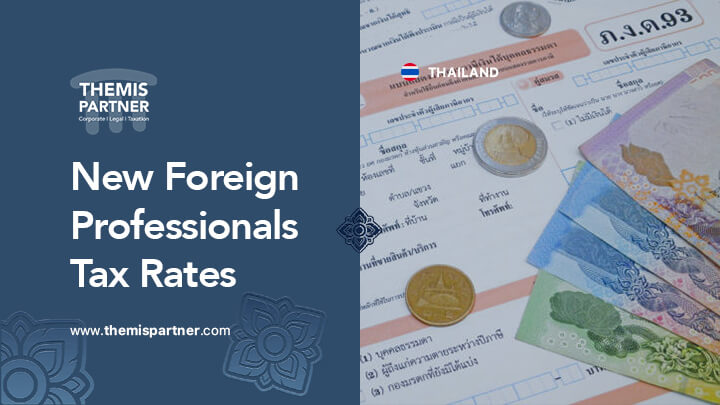Salary reduction: Employees affected by Covid-19
1. Quarantine orders under the Communicable Disease Act:
Following the legal principle « no work, no pay, » when an employee receives the order by authorities to quarantine, the employer is not obliged to pay salary.
2. Consequences of contracting Covid-19
If an employee has contracted Covid-19, he is sick because of labor legislation. Thus, the usual regulations regarding ill leave apply. An employee is entitled to 30 days of paid sick. After this period, the employer may allow the employee to take annual leave with average pay.
Under section 30 of the Labour Protection Act, an employer has to provide at least six days of annual leave for employees who have worked for at least one year. Thus, if employees agree, employers may ask them to take their annual break during a temporary reduction in business activity.

Salary reduction Covid-19: Business interruption or closure.
1. Closure of business under Labour Protection Act
During the Bangkok shutdown operation, the government ordered companies to close their business. Employers who are forced to close their business temporarily do not need to pay salaries to their employees, and this situation is called « force majeure».
The same act provides the case in which business is affected indirectly by the impacts of this crisis. For instance, they may have to shut down business operations partly for necessary business reasons, such as lack of demand. In this situation, the employer can apply a 75% salary reduction.
Employers may also, if employees agree, ask them to take their annual leave during a temporary reduction in business activity.
ℹ️ Procedural point: To use this right correctly, the employer has to inform his employees and the labor inspector at least three days in advance in writing of the salary reduction.
Moreover, an employer must also report this temporary closure to the Social Security Fund so that no contributions will be made for that period.
2. Salary reduction following remote work
In this situation, Labour Protection Act does not apply, which means that salaries have to be paid fully. Nevertheless, employers may discuss the possibility of cutting working hours and, therefore, wages with their employees. Indeed, the Labour Relations Act 2518 B.E (1975), any change in the terms and conditions of employment requires employees’ written consent.
In order to better manage your employees, we also provide all the human resources documents you need in Thailand from Employment Contract to Employment Termination Letter and more.
Reduce your employee wage costs according to your specific situation?
310 client reviews (4.8/5) ⭐⭐⭐⭐⭐










